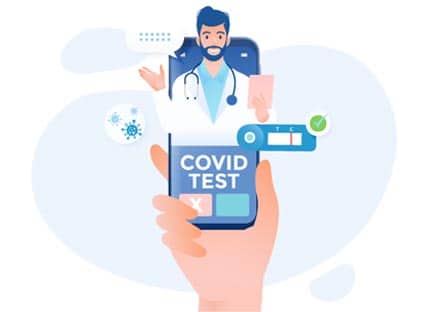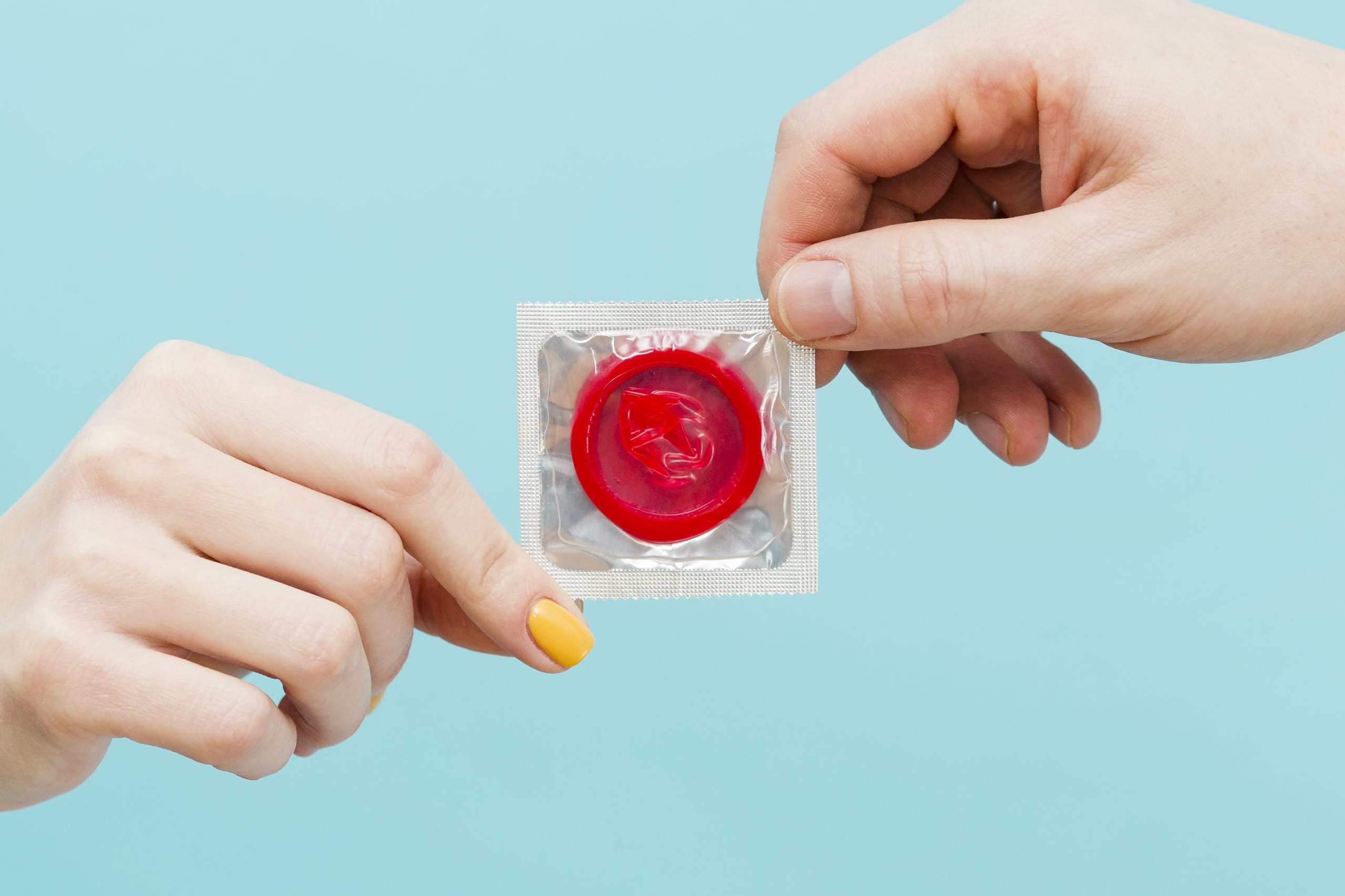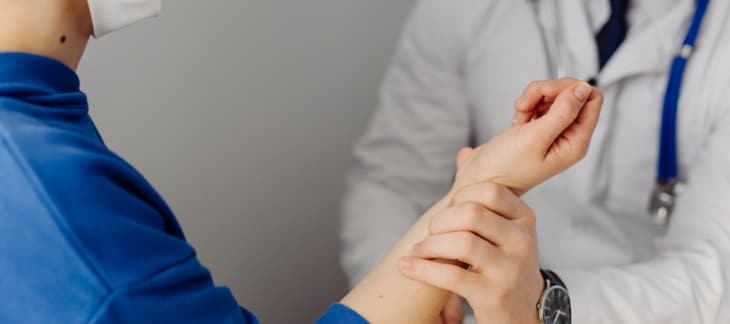Valentine’s Day is a very special date for many couples around the world. It is a time to celebrate love and intimacy, but it is also important to remember the importance of taking care of our sexual health.
In the midst of passion and romance, it is essential to talk about the importance of safe sex and the prevention of sexually transmitted infections (STIs) in order to enjoy the celebration of Valentine’s Day in a safe and healthy way.
What are the most common STIs?
Sexually transmitted infections are a public health problem that affects millions of people worldwide. Some of the most common STIs include chlamydia, gonorrhea, syphilis, HIV/AIDS, genital herpes, and human papillomavirus (HPV).
These infections can have serious health consequences if not treated properly, so it is crucial to take preventive measures to protect ourselves and our partners. Learn a little more about these STIs.
Chlamydia
A bacterial infection that can affect both men and women and, if left untreated, can cause serious complications, such as pelvic inflammatory disease in women.
Gonorrhea
Another bacterial infection that can cause inflammation in the genitals, throat, or eyes. If left untreated, it can lead to long-term complications, such as infertility.
Syphilis
A bacterial infection that can have serious consequences if not treated, including brain damage, heart problems, and blindness.
HIV/AIDS
The Human Immunodeficiency Virus (HIV) is an infection that weakens the body’s immune system, which can lead to Acquired Immunodeficiency Syndrome (AIDS). Although medical advances have improved the quality of life for people with HIV, it remains a serious and potentially life-threatening disease if not treated.
Genital herpes
Is a sexually transmitted infection caused by the herpes simplex virus (HSV), specifically types 1 and 2. It is characterized by the appearance of painful sores or blisters on the genitals, anal area, or around the mouth. It is chronic and can cause recurrent outbreaks throughout an individual’s life.
Human Papillomavirus (HPV)
Is a group of viruses commonly transmitted by skin-to-skin contact during sexual intercourse. Some strains of HPV can cause genital warts, while others are associated with an increased risk of developing cervical cancer, as well as other anogenital and head and neck cancers.
You may also be interested in: A Call to Action to End AIDS
How to prevent STIs?
There are several measures we can take to prevent the transmission of STIs during the celebration of Valentine’s Day and at any time of the year. Some of these measures include:
- Openly and honestly discussing our sexual history and our partner’s with our partner. It is important to be transparent and willing to listen and support our partner in making healthy decisions.
- Undergoing regular STI screening, especially if we have had multiple sexual partners or suspect that we may be at risk. Early detection is key to receiving timely treatment and preventing transmission to others.
- Getting vaccinated against HPV, if we have not already done so. The HPV vaccine is safe and highly effective in preventing infections by this virus, which can cause cervical cancer and other health problems.
- Using condoms consistently and correctly during all sexual intercourse, including vaginal, oral, and anal sex. It is important to learn how to properly put on and remove condoms to ensure their effectiveness.
- Avoiding excessive alcohol or drug consumption before or during sexual intercourse, as this can affect our judgment and lead us to make risky decisions.
- Seeking professional help if you have doubts or concerns about sexual health. Health professionals are trained to provide guidance and support on issues related to STI prevention and sexuality in general.
Undoubtedly, the prevention of sexually transmitted infections is fundamental to our sexual and overall health. During the celebration of Valentine’s Day, it is important to remember that love and intimacy go hand in hand with care and respect for our health and that of our partners.
At Formé Medical Center, we have a team of professionals who can help you diagnose and treat an STI if you suspect you have contracted one; they can also guide you to optimal sexual and reproductive health. Do not hesitate to call us at 9147234900 or schedule your appointment.







